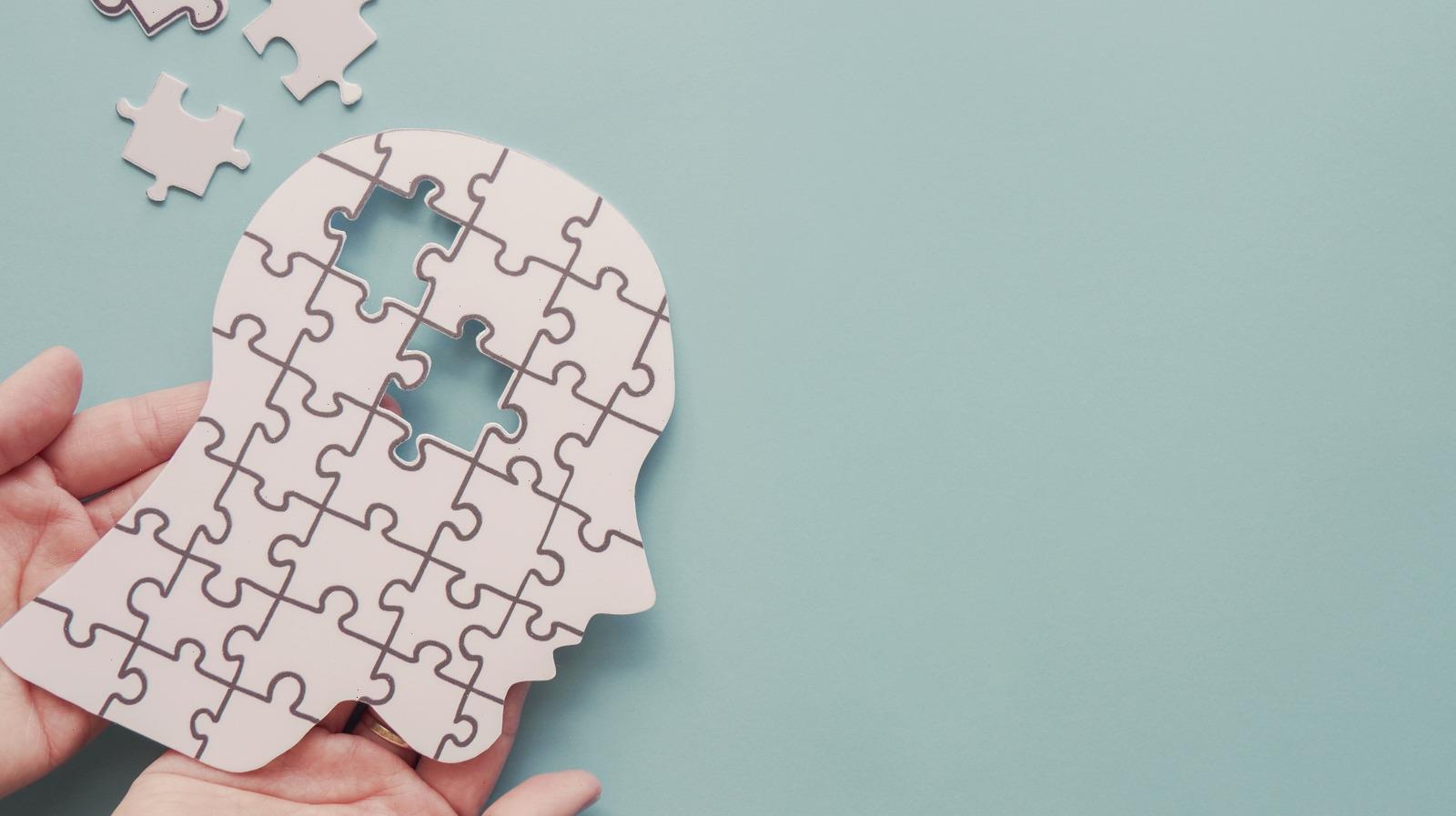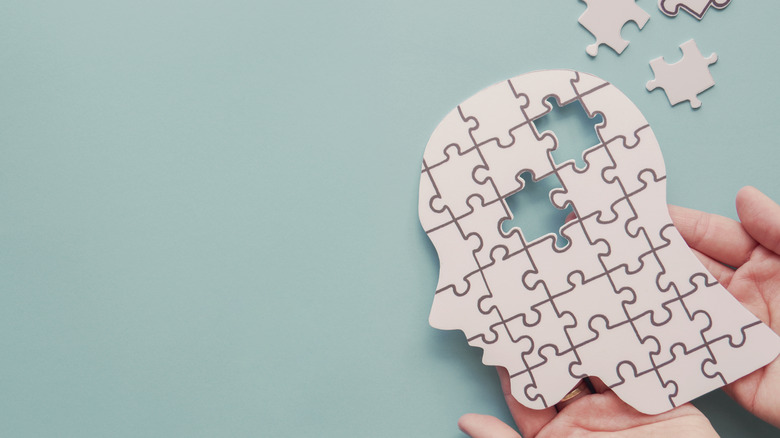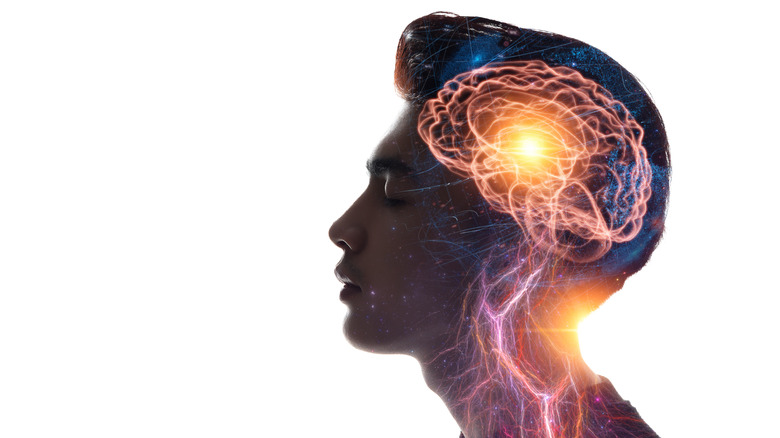Puzzles and games are a popular way to pass the time or spend time with a loved one and bond over a shared experience. Puzzles have been around for years, first popping up historically in the 1760s when John Spilsbury, an engraver and mapmaker, created the first jigsaw puzzle (via Puzzle Warehouse). Since then, centuries later, puzzles are still widely used in a variety of settings from early education to teach students geography, spelling, and math, to elderly individuals who are using puzzles to pass time and stay sharp.
While puzzles come in different types and styles, such as jigsaw, crossword, Sudoku, and more, they all have a very similar impact on our brain and the way in which our neurological systems react when we work on them. Due to this, many neurologists and experts believe that doing puzzles can be a great way to keep minds sharp and fresh, as well as educate individuals (via South Mountain Memory Care).
But, just what happens to your brain when you do a puzzle and how does it impact the individual?
Puzzles can help expand language and speaking development, among other advancements
Puzzles have several known benefits for the brain, many having to do with activity, memory, and intelligence. According to experts, when we do puzzles, our brain feels as though we are “hunting for information” (via Reader’s Digest). While not all puzzles develop new information and understanding for those who are completing them, the finality of finishing the puzzle does activate several areas of the brain.
In addition, different puzzles do different things for our brain. The left side of our brain is the logical side, while the right side of our brain is the creative side (via Good Net). When we do puzzles, we’re often stimulating both sides of the brain, however depending on the type of puzzle, one may be more stimulated than the other. As well, certain puzzles can help foster memory receptors and problem-solving skills, which can help impact our short-term receptors. Additionally, some puzzles can help language and speaking development, like the ones used in early education.
For those who use puzzles as a way to pass time and relax, puzzles can be an excellent way to produce serotonin and de-stress after a long day. Many find the intellectual stimulation and challenges to be soothing. Furthermore, focusing on one task can put the other, everyday stressors in our life on the back burner for the time being. So, the next time you are feeling overwhelmed, grab yourself a puzzle and see where it takes you!
Source: Read Full Article


